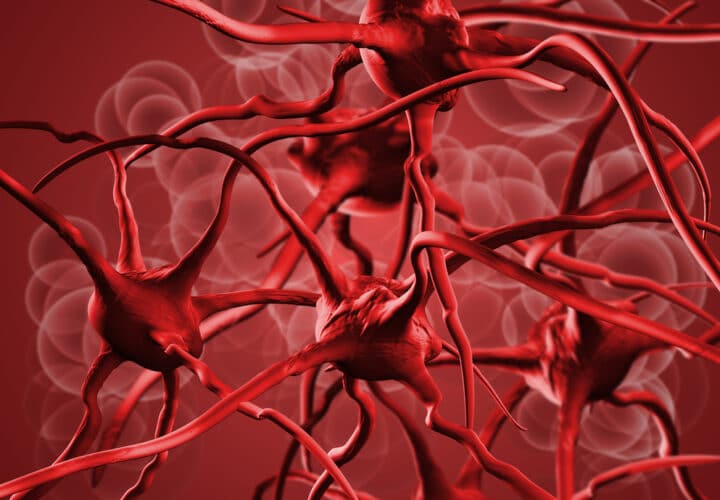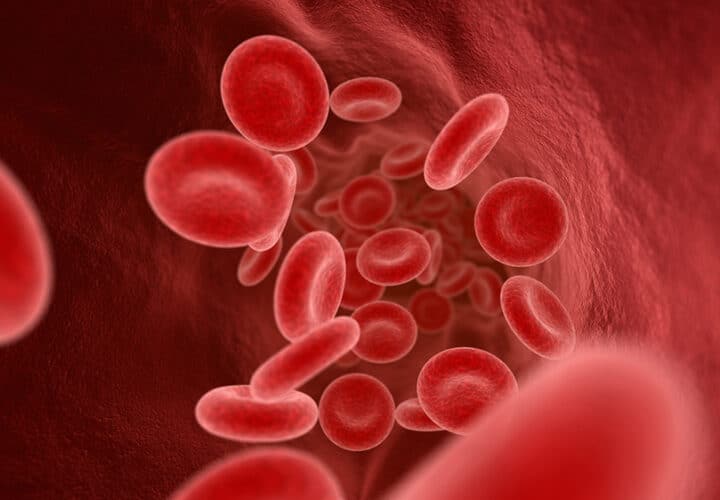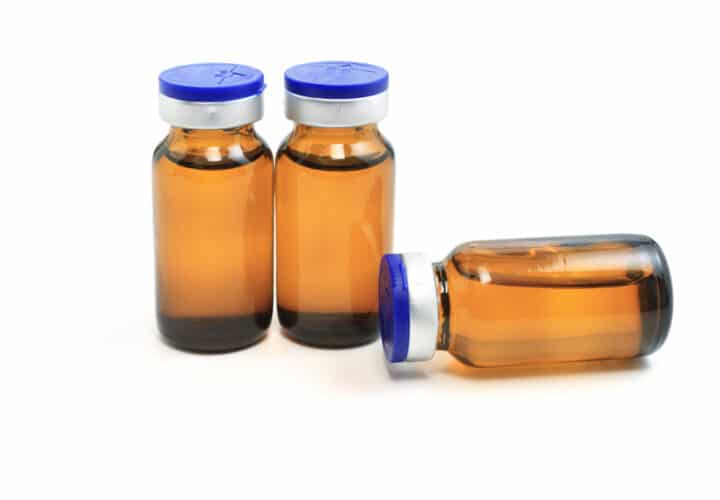LMTM, an Alzheimer’s drug that claims to treat Alzheimer's by attacking tau protein, is being moved into new clinical trials in the U.S. and Europe.
An Alzheimer’s drug that attacks tau proteins is now being moved into new clinical trials in the U.S. and Europe, according to Singapore-based pharmaceutical company TauRx. In a new study using data compiled by two previous phase 3 trials, researchers claim the drug holds promise as a treatment for Alzheimer’s.
The drug, known as hydromethylthionine — also referred to as “LMTM” — comes from methylene blue dye, and researchers claim that it slows cognitive decline by stopping the buildup of tau proteins in the brain. LMTM is different from amyloid drugs, which target amyloid plaques — and have largely not come to fruition.
But LMTM also has a controversial past. Data from its previous clinical trials wasn’t strong enough to support the hypothesis that it works, and some experts remain skeptical.
LMTM’s History
Researchers, led primarily by Dr. Claude Wischik, have been working on LMTM for nearly a decade.
Wischik is the Executive Chairman at TauRx and a professor of psychiatric geratology at the University of Aberdeen in Scotland. He has largely been the face of the drug for a company that refers to itself as a “leader in Alzheimer’s disease research,” and which develops drugs around tau aggregation.
In two prior phase 3 trials that were presented at the 2016 Clinical Trials on Alzheimer’s Disease conference, results showed that the drug given at 100 milligrams did not show any benefit to patients with mild-to-moderate Alzheimer’s disease.
But the researchers honed in on a subset of the control group, who had been given a low dose of four milligrams. From that small subset, the researchers spun a statistical argument that the low dose may actually be more effective in reducing cognitive decline than the high dose, which showed no effect. The low dose appeared to be effective only when the patients were not taking any other symptomatic Alzheimer’s medications like Aricept.
This subset analysis, however, drew skepticism and controversy when some scientists questioned the methods, pointing out that the researchers had to dig through the data, and spin it on different terms, in order to pull out a small signal that the drug worked.
But Dr. Wischik isn’t so ready to give up on the research. He presses that the results of the earlier study hold up, and that LMTM indeed has benefits for the brain.
“In our earlier study, within the same group of patients, those taking the monotherapy — the single drug — in that group, if you do a before and after analysis, it actually slowed their rate of brain atrophy,” Wischik said.
A Post Hoc Analysis
In the latest study, the researchers used the same data from 1,162 participants from the previous phase 3 trials and analyzed it in a different way. They measured blood levels of the drug and their impact on the brain, and concluded that a low dose of 16 milligrams showed to be effective in treating patients with mild-to-moderate Alzheimer’s disease.
It’s likely the low dose later showed to be more effective because it was in what’s known as a “reduced form,” which allows for it to be rapidly absorbed through the blood-brain barrier, Wischik said.
“The reason there was no difference between the low dose and the high dose was that the drug was already active in the majority of patients at eight milligrams a day and there was no benefit to pushing the drug over the top — there was a plateau,” he said.
“Limited Evidence of Efficacy”
It’s not uncommon for researchers to hone in on small subsets of data to pull a positive signal from them, and it’s also not uncommon for drugs to prove to be more effective at lower doses, says Dr. Marwan Sabbagh, a neurologist at the Cleveland Clinic Lou Ruvo Center for Brain Health.
Still, while the post hoc analysis spun the old data in a new and particularly positive light, more rigorous research will be needed before any conclusions about the drug’s therapeutic potential can be made, he said.
“We all can pull out little nuggets out of all of our datasets, but you have to show effectiveness in a way that we all agree to in the field of science,” Sabbagh said. “A post hoc analysis is informative, but it is essential that if we want to declare the drug works or doesn’t work it has to be done in an a priori way. Currently, LMTM has limited evidence of efficacy.”
By a priori, Sabbagh is referring to the idea that there must be ground rules in advance that members of the scientific community all agree upon when carrying out the study and analyzing the data. In many cases, the agreed upon form is a randomized controlled trial.
New Clinical Trials for LMTM
Despite the skepticism, Wischik is optimistic about LMTM and plans to push ahead with continued trials. He argues several selling points as reason to continue investigating the drug: it focuses on tau aggregation, it can be taken orally and it’s been proven to be incredibly safe.
Wischik says the next step will be to conduct a placebo-controlled trial with 450 participants to confirm the drug works at the 16 milligram dose. They’re already recruiting patients for the trial, which will be conducted across 150 sites in the U.S. and in Europe. Recruitment is starting in the U.S. this month, and in Europe in 2020.
“What we need to do is to confirm what we found in a properly randomized trial,” Wischik said. “The problem with our previous trials is we randomized patients in doses between eight and 250 milligrams. Now we have to randomize a trial to a real placebo with a discolorant in it, and at 16 milligrams a day.”
Wischik added that part of the reason why they wanted to release the latest post hoc analysis was to raise awareness for the upcoming clinical trials.
“What motivated us was to get the message out, to patients and investigators and doctors, to say: ‘Look, this drug has a pretty good chance at being highly effective,’” Wischik said, “whereas the amyloid [drugs] have a pretty dismal track record. We’re saying you should give this a shot.”
Until the drug shows efficacy in a randomized controlled trial, it’s difficult to say whether the drug will work, Dr. Sabbagh notes. However, he holds out some hope for the simple fact that it is often worthwhile to explore any positive signal of a drug before tossing it out entirely.
“If there is a signal [for the drug potentially working], it needs to be explored in another study and that’s the plan,” Sabbagh said. “It’s very hard to speculate or to stack one drug like LMTM against other drugs. But it is important to pursue tau, and having a safe oral medication is desirable. I think that that rationale is good reason to pursue it.”





I am interested in new or ongoing clinical trials for Alzheimers. I have moderate loss of brain function with difficulty remembering things.
I would love for my husband to be considered for clinical trails for Alz, he has moderate Dementia and can still do most things by himself except drive.